Featured Event
Testimonials
We have been attending yoga classes with Joanne for 6 months. We both feel we have seen improvements in our core strength, balance, and flexibility. Breathing and relaxation techniques have improved our quality of sleep and our overall sense of well-being. We look forward to adding some meditation classes in the future.
Joining the Yoga classes is the best gift I have ever given to myself!!
I have been going to yoga classes with Joanne Rogers for several years now. It has been a tremendous help for my balance, flexibility and strength!! I’ve learned breathing and meditation techniques that has helped with my sleep and dealing with stresses. Joanne is knowledgeable in her practice and always incorporates lots of fun into her classes! I love ❤️ adaptive yoga- you don’t have to be a guru to gain tons of benefit from yoga! I’m 65 years young and enjoy every minute!
“I have had one of the best experiences with the Center for Mindful Exploration. I was on the verge of giving up on yoga altogether, but Joanne saved the day and walked me through the baby steps in yoga and meditation before I joined the group sessions. Her experience and enthusiasm is unmatched and vibrant. The studio itself gives off the same vibe as Joanne: peaceful, quiet, calm and human-oriented. She blends professionalism and relaxed attitude to an extent, that makes entire class seem like a journey into a parallel universe where mind and body reach an equilibrium and overall peace and quite overwhelms your spirit. My personal favorite is last 10 minutes of the class, which gives an experience like no other of relaxation and spiritual healing after an intense set of asanas. If you are a beginner like me and are looking to start Yoga with a true master and guru of this wonderful mind/body engagement, look no further!”
I began yoga classes with Joanne as soon as I retired. These classes have helped my core, flexibility and balance. They are the highlight of my week. Joanne is such a great instructor! She is very patient and always offers an alternative move if you aren’t able to do the moves she is doing. She does this with such grace, you are never embarrassed!
I have been practicing yoga with Kristina for several years. Kristina‘s love for yoga is obvious as she always beams with joy and happiness . I have learned to use breathing techniques in my everyday life to help me get through many difficult challenges. I have more mental and physical energy . Yoga has helped me to eliminate stress and joint pain.
Kristina will tell you to move at your own pace—and to remember she is there to only make suggestions. Any pose can be modified so it’s right for you. She is happy to find alternatives for you. Classes are a no judgement zone. You will meet wonderful new friends that share the love of yoga.
There are so many benefits from yoga but one of the most important is finding the teacher you are comfortable with. I promise you will not be disappointed if you try one of Kristina’s classes.
Peace Love Yoga
The time and resources I invest in my yoga practice at the Center for Mindful Exploration returns to me tenfold. My time on the mat is key to my emotional, spiritual and physical well being. The balance and flexibility I gain from yoga is also the perfect compliment to my strength training. Men need yoga!
I began my yoga practice with Joanne the week this studio opened. I had a shoulder injury and a lot of hip pain. I also brought a lot of stress and jumbled thoughts with me. Day by day, class by class, and week by week I noticed changes in my body, mind, and spirit. I have enjoyed taking classes with Kristina too. Different instructors always challenge us in new ways. I’m so grateful to have this studio in our town.







